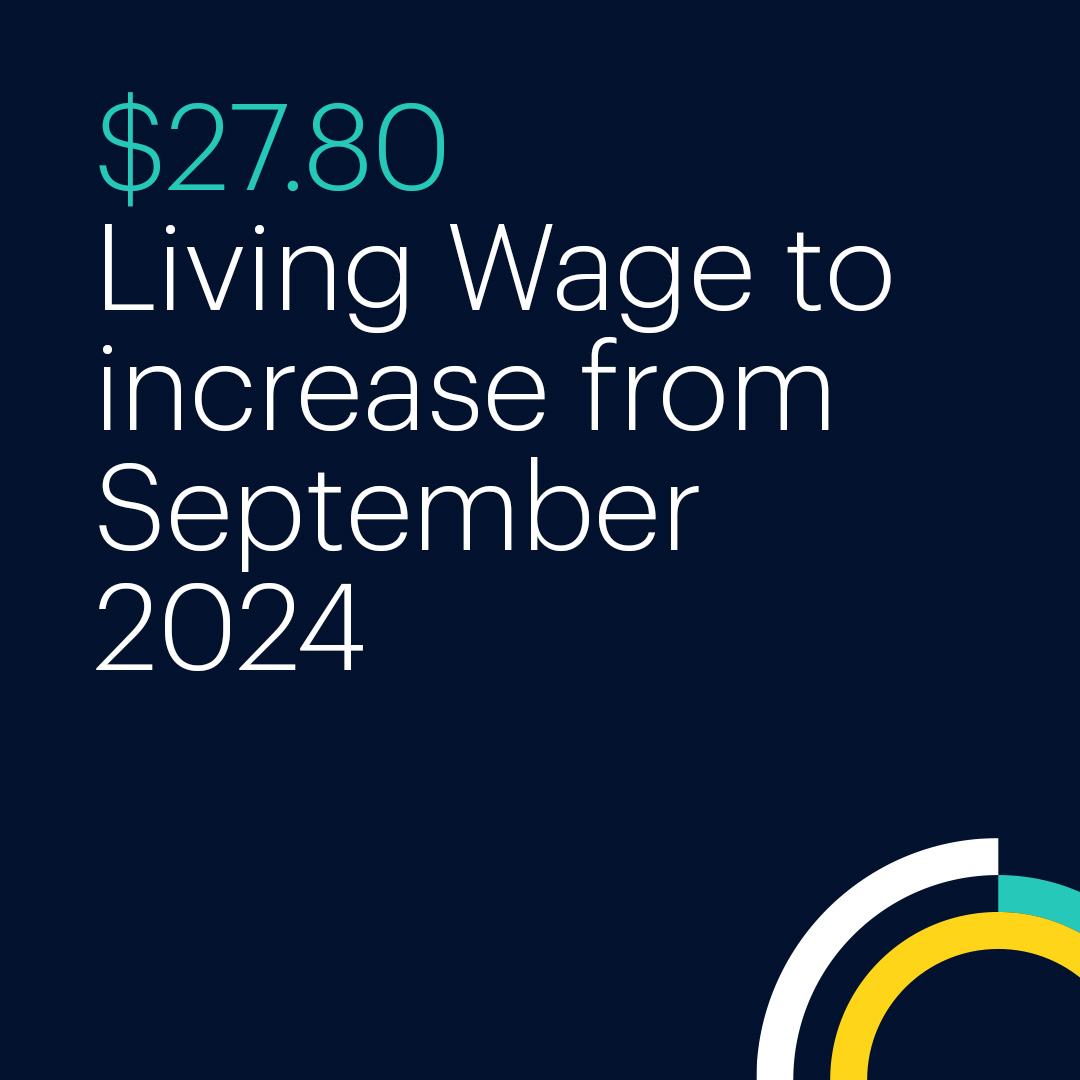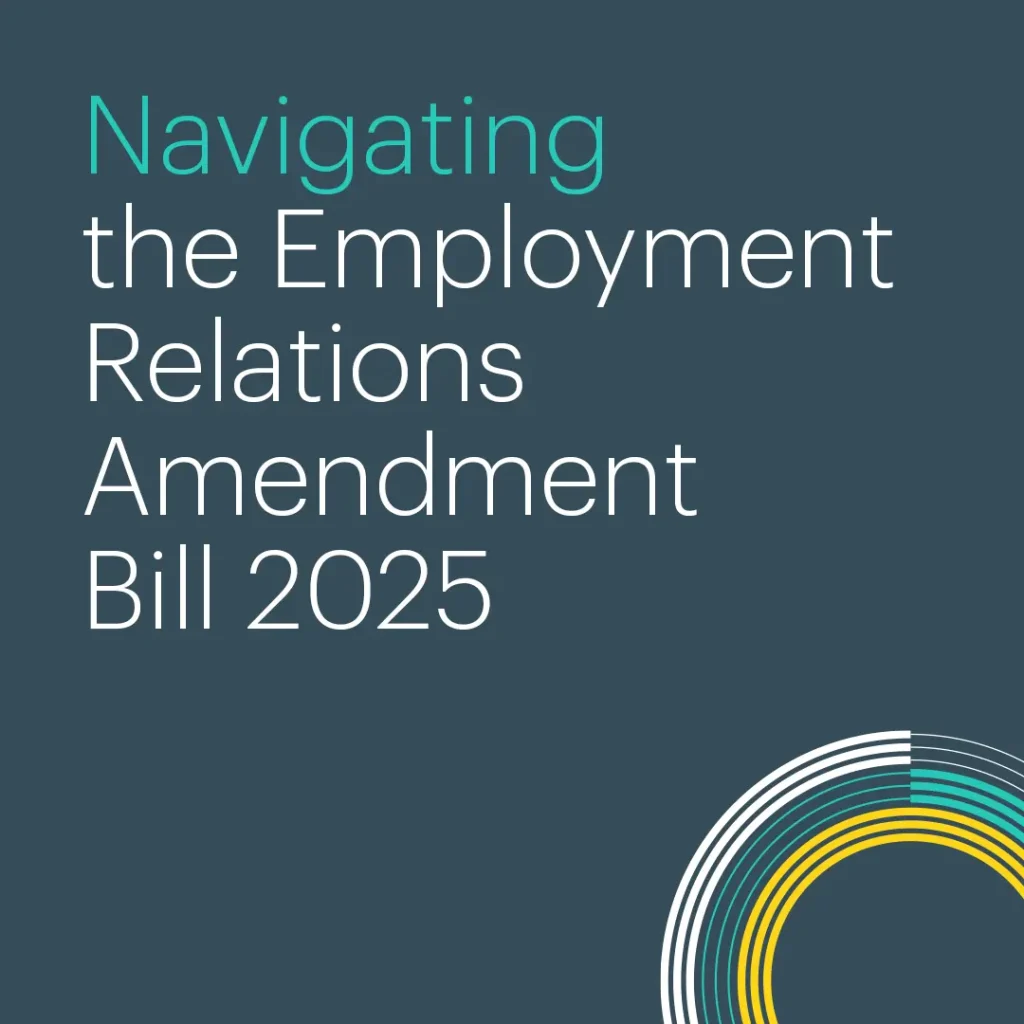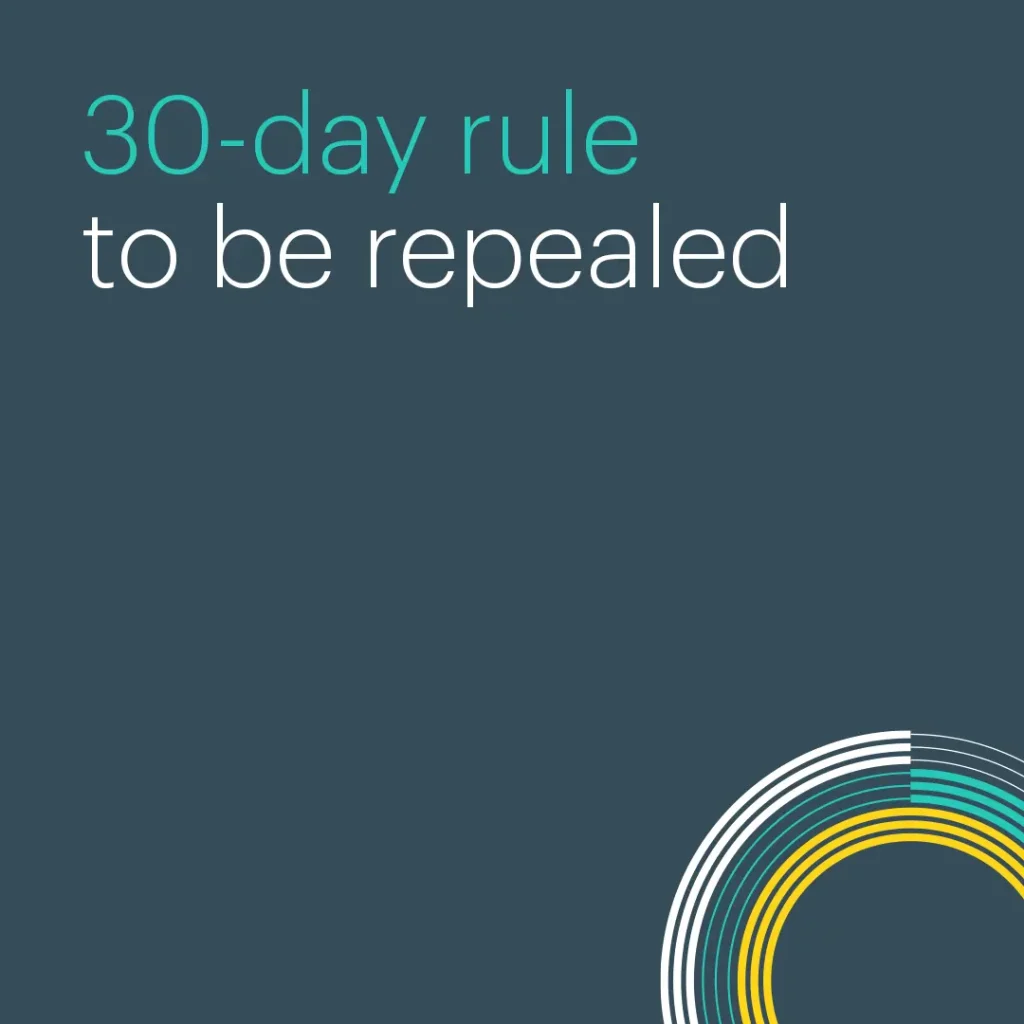The Living Wage for 2024/25 is set to rise to $27.80 in Sept 2024, a 6.9% increase from the previous rate of $26.00.
The increase is linked to the 6.9% increase in NZ’s average ordinary time hourly rate in the June 2023 Quarter, which is the mean value of wages and salaries paid per hour, excluding overtime. According to Stat NZ, this rate rises and falls as the type of work being done changes.
What does this increase mean? If your organisation is an Accredited Living Wage Employer, it is required to pay workers at least $27.80 from 1 September 2024. This includes paying contractors who also perform work for the organisation, such as commercial cleaners.
Organisations who have committed to pay Living Wage in an employment agreement or collective agreement are required to pay workers at least this rate.
An organisation is however not obligated to apply the rate if they have simply chosen to apply the Living Wage without receiving accreditation or making a contractual commitment.
This announcement comes as the Adult Minimum Wage increased by 2% as of Monday 1 April 2024, rising to $22.70 per hour.
The minimum wage increase has received criticism for not mirroring the rate of inflation (which was at 4.7% at December 2023), with many holding the view that the Living Wage should be the bench mark for wages, as it is designed to give people enough money to cover living expenses.
The timeline of these discussions around remuneration and cost of living is also happening at the same time as large New Zealand organisations have introduced sweeping change proposals to minimise costs in their organisations – a response likely due to the Government’s instruction for public entities to reduce costs and also attributed to the recently announced recession, due to the GDP shrinking by 0.1% in December 2024 following a 0.3% contraction in the prior period.
There is no better time than now for organisations to be turning their mind to how they will be approaching remuneration in the 2024/25 financial year and balancing this with operational requirements and financial needs of the organisation.
At Three60, our team are experts at managing change and assisting organisations with implementing their strategic plans.
Get in touch to find out how we can help.









